Why Myopia in Kids Isn't "Just Glasses Anymore": It's Time We Treated It Like the Condition It Really Is
Let me be clear: if we keep treating childhood myopia like a routine part of growing up—just another excuse to buy new glasses—we're going to have a massive problem on our hands.
I see it all the time in practice. A parent brings in their child because they've noticed them squinting at the board in school or holding their tablet a little too close. We check their prescription; it's gone up again, and the cycle continues. Stronger glasses. A new pair. And then a quiet comment: "Well, I was nearsighted too. It just runs in the family."
But here's the truth we need to start talking about out loud: myopia isn't just a vision problem—it's a medical condition. One that carries real risks if left unmanaged.
The Status Quo Isn't Working
The idea that nearsightedness is merely a cosmetic issue—an inconvenience that can be corrected with glasses or contacts—is outdated. We now know that the longer the eye becomes (which is what happens in progressive myopia), the greater the risk of irreversible eye diseases later in life, including retinal detachment, myopic macular degeneration, glaucoma, and early cataracts, among others.
Even if someone eventually decides to get LASIK, PRK, or SMILE to reduce their need for glasses, the underlying problem doesn't go away. Laser surgery only reshapes the front of the eye—it does nothing to change the fact that the eye itself is too long. The structural risk remains. So yes, you might ditch the glasses, but you're still at a higher risk for vision-threatening complications.
That's why we can't keep doing what we've always done.
It's Time for a New Approach
We need to stop waiting until a child's prescription gets "bad enough" to act. Myopia control isn't about reacting—it's about preventing progression before it leads to complications.
There are tools now. Science-backed, evidence-driven, and already making a difference in the lives of kids around the world. Specialized myopia control contact lenses like MiSight®, spectacle lenses like Stellest™, atropine eye drops, and orthokeratology are changing the game. But only if we choose to use them.
And the most important piece? Parents need to know their options.
If you're a parent reading this, here's what I want you to hear: you have a say in how your child's vision develops. And your optometrist should be more than someone who just checks a number and hands you a prescription—we should be your partner in protecting your child's long-term eye health.
Optometrists Must Lead This Fight
By 2050, half of the world's population is expected to be myopic. Half. And if we don't shift the narrative now, the health care system won't be prepared for what's coming.
This isn't fear-mongering—it's the data. Myopia is rising fast, and the consequences don't wait until you're older. That's why I believe optometrists are the ones who will lead the fight against this growing epidemic.
We're the ones on the front lines. The ones who see the trends, the changes, the subtle signs. We're also the ones who can offer treatment options, educate families, and stop this trajectory before it leads to vision loss.
So let's stop calling myopia "just bad eyesight." Let's call it what it is: a progressive medical condition. And let's start managing it that way.
If your child's prescription is getting stronger every year, that's not something to wait and see about. Book an appointment. Ask about myopia control. Let's build a future where your child's eyes don't just see clearly today—but stay healthy for decades to come.
Disclaimer: The content provided on this website, including blog posts authored by Dr. Ross McKenzie, is intended for general informational purposes only. It does not constitute medical advice, diagnosis, or treatment, and should not be relied upon as a substitute for consultation with a licensed optometrist or healthcare provider. No doctor-patient relationship is established through the use of this website or its content. The information shared is not intended to endorse or recommend any specific medical treatments or guarantee outcomes. Users are encouraged to consult their own healthcare providers regarding any health concerns. The team at drrossmckenzie.ca does not assume liability for any decisions made based on the information provided. Use of this website is at your own risk.
Hey there, I’m
Dr. Ross McKenzie
I’m an Edmonton-based optometrist who believes clear vision is about more than just eyesight — it’s about seeing your life, your work, and your health with clarity.
I love smart tech, sharp lenses, and helping people show up fully in every part of their day — whether that’s behind a desk, behind the wheel, or on a ski hill.
My Mission? To bring real, honest eye care to real people — with a side of science, strategy, and style.




